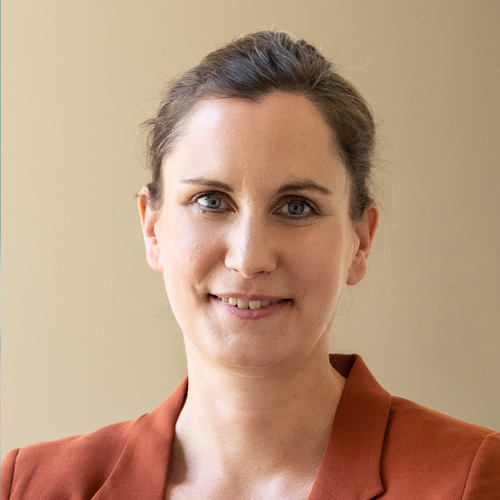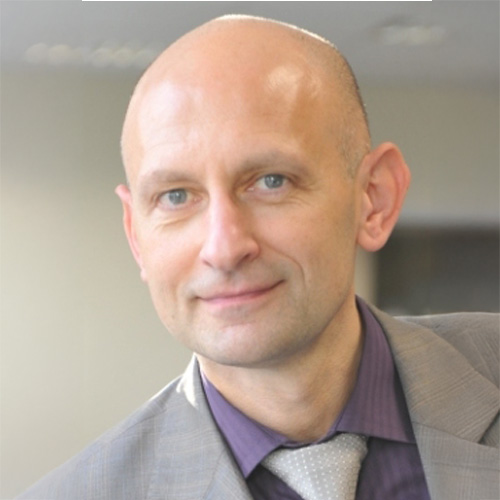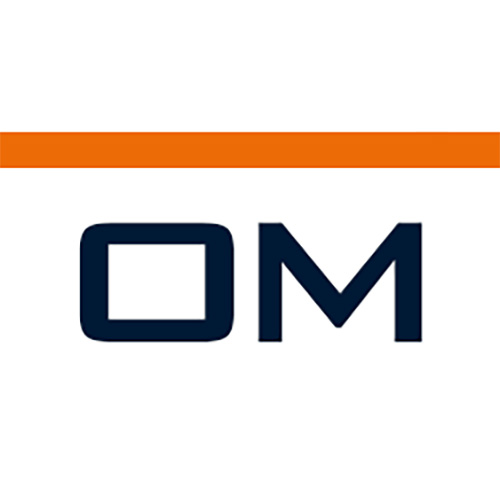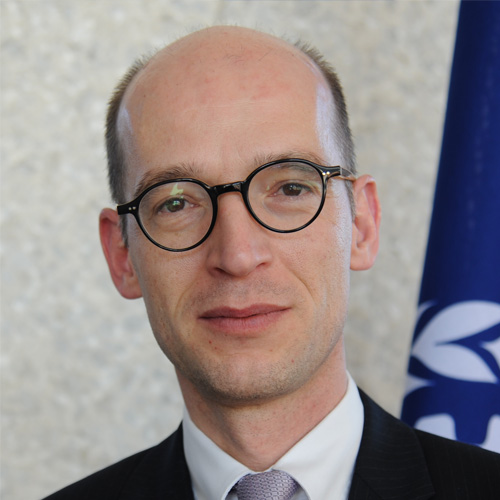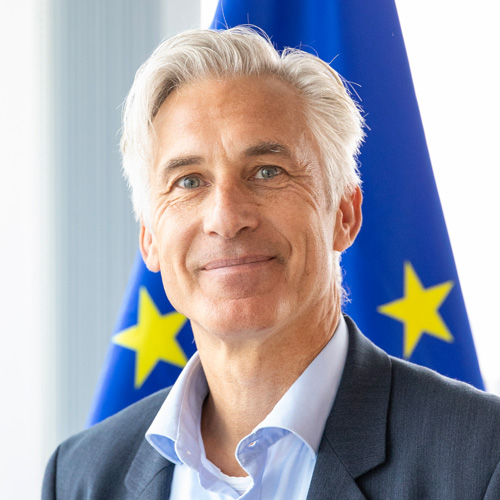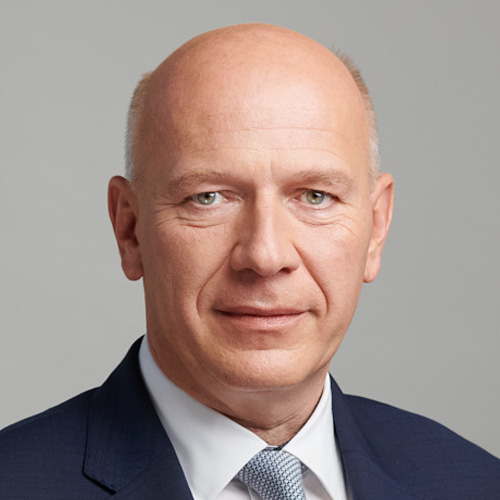International Conference 2024 „Fighting Labour Exploitation – for Decent Work in Europe“
This year's European conference hosted by the Berlin Senate Department for Labour, Social Services, Gender Equality, Integration, Diversity and Anti-Discrimination (SenASGIVA) took place on November 8, 2024 under the title “Fighting Labour Exploitation – for Decent Work in Europe”. The one-day event was well received with 175 participants on site.

In the EU, citizens are free to choose their workplace and must be treated equally in the country of employment. However, this free movement of workers, a fundamental right and central pillar of the EU, bears the risk of labour exploitation, especially for citizens from Eastern European countries. Exploitative working conditions undermining basic workers' rights such as minimum wage and protection against dismissal are widespread also in Germany and Berlin. For people affected, language and legal barriers as well as social isolation make it difficult to claim their rights. In order to promote effective measures against labour exploitation, the Senate Department responsible for labour hosted an international conference to enable an exchange between policy-makers, academics and practitioners on protective measures and solutions.

Opening of the conference and keynote speech with discussion
After the opening of the conference by the Governing Mayor of Berlin Kai Wegner and the State Secretary for Labour and Gender Equality Micha Klapp, who highlighted Berlin's commitment to setting up a centre for counselling and shelter victims of labour exploitation, Dr Jan Cremers, expert on the Administrative Board of the European Labour Authority (ELA), kicked off the event. In his keynote speech, he introduced the problem of labour exploitation at European level from a scientific perspective. He pointed out various forms of labour exploitation and structural problems that facilitate labour exploitation and the systematic violation of labour rights. Specifically, Dr Cremers mentioned unregulated intermediaries in the recruitment of workers and the lack of cross-border regulation on subcontracting chains.

In the following talk with Gaby Bischoff (MEP), both speakers discussed how the EU should tackle the problems raised and the challenges related to labour exploitation. She also highlighted the great importance of the topic at European level. ‘The European Parliament has always been a driver for fair work - across all political groups,’ said Gaby Bischoff.
Concerning the bureaucratic difficulties faced by law enforcement authorities when investigating labour exploitation, she suggested holding a hearing in the European Parliament.

Experiences of those affected
In a discussion with the moderator Dr Julia Kropf, Kateryna Danilova (European Migrant Workers Union& Fair Mobility), Sascha Lübbe (Journalist and author of the book ‘At the very bottom of the system’) and Alia Schwelling (Berlin Advice Centre for Migration and Decent Work (BEMA)) talked about the experiences of victims and the structural problems that lead to exploitation. The speakers impressively described the stories of those affected, and it became clear from both the counselling practice and the journalistic research that fundamental changes are needed to combat labour exploitation in the long term - for example through stronger regulation, but also increased controls. The panelists also emphasised the need for outreach counselling and early information about risks and rights in the country of origin.

Panel discussion: Together against labour exploitation – for fair and decent work
The following high-level panel discussion with Dr Kari Johnstone (Special Representative of the OSCE), State Secretary Lilian Tschan (Federal Ministry of Labour and Social Affairs, BMAS), Dr Cosmin Boiangiu (Executive Director of the European Labour Authority), State Secretary Micha Klapp (SenASGIVA) and Martin Oelz (ILO) addressed the various contributions that should be made by politics, administration and the private sector in order to improve the situation for employees. In particular, national, European and international challenges were highlighted – among other things the aspects of providing information and raising awareness, Europe-wide inspections and the problem of law enforcement. The participants agreed that cooperation between all relevant stakeholders and the creation of public awareness are key to combating labour exploitation.

Labs results and reflection with Sascha Lübbe
After lunch, experts from different fields discussed the following key questions in four labs:
- Lab 1: Which challenges, but also good practice examples exist in Europe?
- Lab 2: How can effective victim protection be achieved through good counselling?
- Lab 3: How do criminal prosecution and asset recovery work?
- Lab 4: How should shelters for victims of labour exploitation be organised?




After the labs, moderator Dr Julia Kropf and journalist Sascha Lübbe presented and reflected on the results.

Panel discussion: Prospects and next steps for a fair labour market in Europe
In the final panel, Katja Karger (DGB Berlin-Brandenburg), Margrit Zauner (SenASGIVA), Stefan Olsson (Directorate-General for Employment, Social Affairs and Inclusion of the European Commission), Andreas Schulz (UVB Berlin and Brandenburg) and Martin Weiland (BMAS) spoke about concrete solutions to the problems discussed during the day. It became clear that there is a need for action at every level (regional, national and European) in order to combat labour exploitation in the long term and that cooperation is needed between all levels - be it in the form of EU-wide advisory services, with the help of the BMAS's National Action Plan against Labour Exploitation and Forced Labour or through the exchange of good examples from European cities. ‘The protection of labour rights, the promotion of fair work and the fight against exploitation must remain and become an integral part of the political agenda - in Berlin, in Germany and throughout Europe,’ said Margrit Zauner at the end of the conference.

In her closing remarks, Margrit Zauner once again emphasised the importance of the topic and the fields of action. She thanked all speakers and participants for the constructive exchange at this year's conference.

The agenda of the event and the presentation by Dr Jan Cremers are available in the download section; the recording of the livestream is also available on the conference website.














